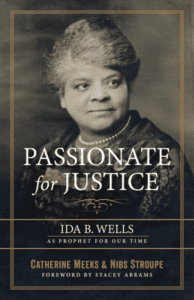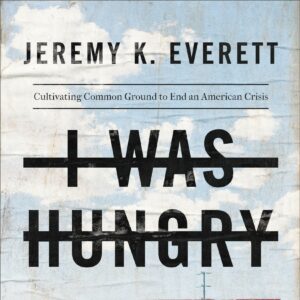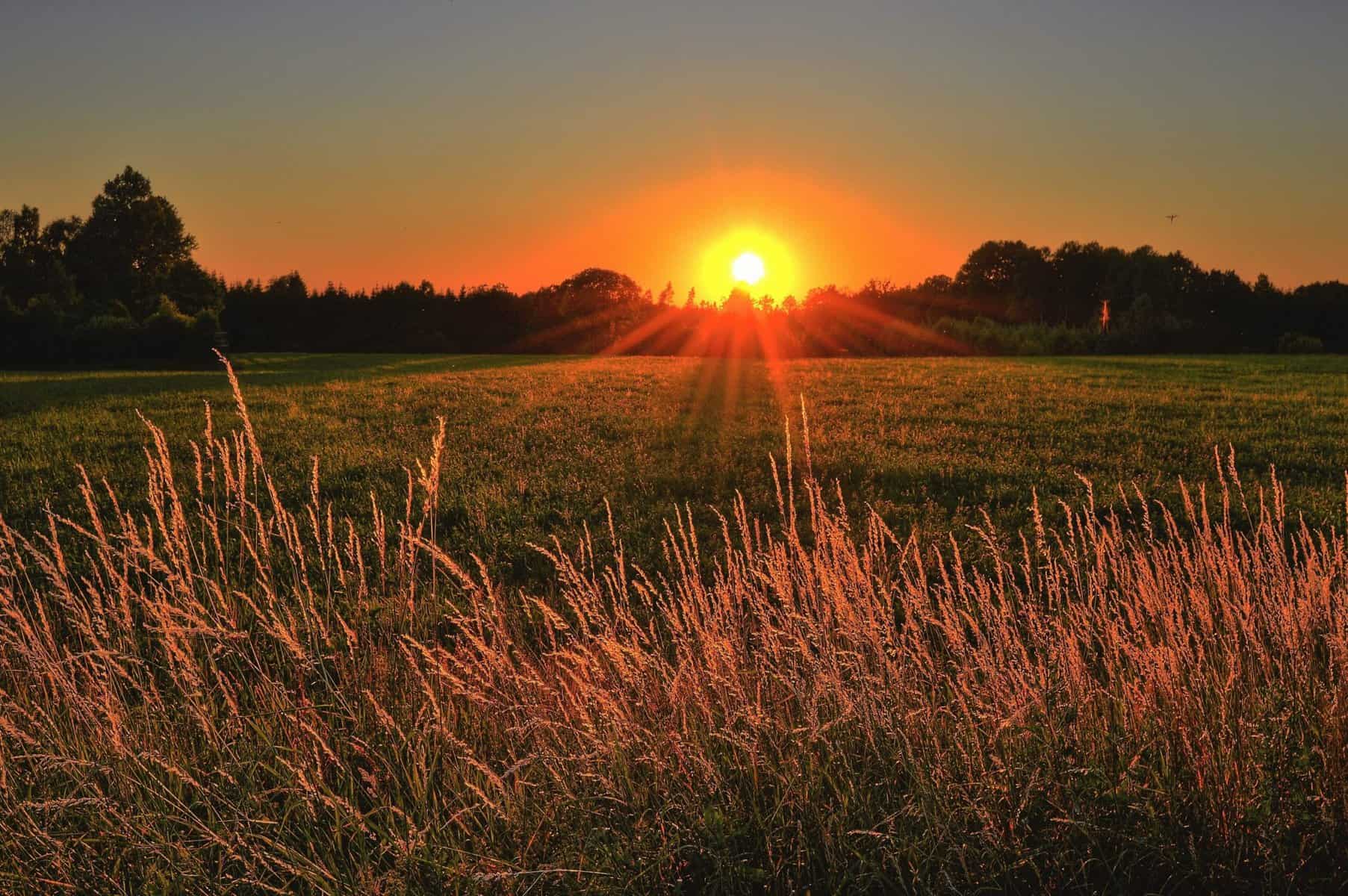
One of the most beautiful, beneficial, and sacred spiritual disciplines I have incorporated into my life is the discipline of watching the sunrise. It is one thing to watch the sun rise a couple times a year, perhaps on Easter for a sunrise service or when you have a 6 a.m. flight. Both times are beautiful and calming. If the clouds are just right, the sunrise can be breathtaking. But it is another thing altogether to intentionally rise five or six mornings a week and to be in a posture of prayer while watching the sun come up over the horizon.
I remember hearing a Navajo preacher exhort a congregation on our reservation by asking us, “How come, before the missionaries came, our people were able to wake up every morning to greet the sunrise with our prayers, and now we can hardly get to church by 10 a.m.?”
When you do this, you notice something very different. Yes, it is beautiful, peaceful, and often breathtaking. But when you do it day after day, week after week, month after month, and eventually, year after year, something else happens. Subtle changes become glaring.
Every morning in the spring, the sun moves just a little further north; every morning in the fall, the sun inches a bit further south. The birds come and go, migrating in the general direction of the sun’s path. It is quiet. In the spring the sun rises just a minute or two earlier as the days grow longer, and the earth warms as it begins to wake up. And in the fall, the sunrise happens just a minute or two later as the earth cools and prepares to go to sleep.
Even the days on the calendar begin to take on a different meaning. June 21 is the first day of summer, and most of the hemisphere is celebrating. The days are long, the weather is warm, and school is out. Pools are opened, barbeque grills are cleaned, and vacations are planned. But the twenty-first also marks an ending, and you can’t help but feel just a slight mourning, a hint of lament, and a tinge of sadness. Because you don’t just know—you actually see. The sun has completed its journey north, and tomorrow, June 22, it will rise just a minute or two later as it begins another long journey south.
The same is true on the twenty-first of December, the first day of winter. Many people are feeling glum. Winter is starting. The days are short, the weather chilly. Almost no one celebrates the first day of winter, as it marks the start of a long, cold, and dark season. But on that morning, you can’t help but feel excited and find a new spring in your step. The sun has completed its long journey south. The days are through getting shorter, and a new journey is beginning. You are hopeful because you know, you see, and experience the very next day will be nearly a minute longer as the sun once again begins its slow and hopeful journey north.
Another benefit of watching the sunrise is the beauty of the sky. After a while, you realize it’s not so much a sky as it is a canvas. Creator is not a far off and distant God. Creator is an amazing artist with a personality, an eye for beauty, and even a sense of humor. Every morning is a carefully orchestrated production, complete with a musical score. But the production is not a play or even a musical. The production is the act of creation of a piece of art. The production is the privilege of watching the artist painting the picture, shaping the vase, and arranging the score.
Creator is not a far off and distant God. Creator is an amazing artist with a personality, an eye for beauty, and even a sense of humor.
So the beauty is just not the final product; the beauty is seen in watching that piece of artwork come into being. All of creation is both a grateful participant and a privileged observer—not on a single morning but throughout the fullness of the seasons. Birds sing. Flowers bloom. Winds blow. Leaves turn different colors. Clouds pass. Animals stop. And donkeys bray.
Yes, it is true. Even the obnoxious bray of a donkey can add a praiseworthy note to the production. While living on the reservation, my daughter would frequently wake up early and join me as I walked to the top of the hill near our house to watch the sunrise. As we walked up the hill, we could hear in the background birds singing, dogs barking, and the occasional car passing by. But the most distinct yet infrequent noise we heard was that of a donkey braying. We didn’t hear it every day, or even every week. It was sporadic and unpredictable yet surprisingly consistent. Every morning we would listen for it, and each time we heard it my daughter exclaimed, “Daddy! I hear my favorite donkey!”
If you’ve ever heard a donkey’s bray you know that it can be an extremely loud sound that quickly becomes annoying. It usually goes on for several seconds and sounds about as pleasant as an untrained performer with laryngitis attempting to sing opera. Yet as my daughter and I watched the sunrise, we would pray, and whenever we heard it, her prayer included the phrase, “and Jesus, I thank you that I heard my favorite donkey.”
My daughter knew this donkey. She listened for his bray and became filled with joy every time she heard it. Only a masterful artist with impeccable timing, a perfect knowledge of the breadth of the tools available, and a bit of a wacky sense of humor could ever pull off incorporating the annoying sound of a donkey’s bray into something as breathtakingly beautiful as a sunrise and still elicit both joy and praise from the audience.
But the biggest benefit from this discipline of watching the sunrise has come not from enjoying the beauty or even from experiencing the seasons but from an understanding much deeper in my soul. This understanding did not occur after one sunrise or even after thirty. It began happening after months and years of watching the seasons pass, of observing the birds migrate, of feeling the temperatures rise and then fall. It began happening after experiencing, over and over, the long journey of the sun, first to the north and then again back to the south. The longer I was privileged to see the masterful and artistic genius of Creator, and the longer I was blessed to stand in the midst of the grandeur of this masterpiece, the easier it became to acknowledge that neither I, nor all of humankind for that matter, was in control.
Ultimately, this production is not ours. We cannot make the sun rise faster. We are unable to change the order of the seasons. The birds sing, the flowers bloom, the grass grows, the seasons change—not because of us or even in spite of us, but because of Creator. This work of art, this amazing, ongoing, beautifully choreographed production is our blessing to observe. It is our privilege to participate in and even our solemn responsibility to steward. But it is not ours to control.
For all of our science, our technology, our air-conditioned buildings, our chemically enhanced soils, our genetically modified foods, our dams, our weapons, our internet, even our artificial intelligence cannot change that. Over the years I have learned that one of the best ways to remind myself of my limitations is to follow the example of my ancestors. To rise early in the morning, walk (or run) towards the east, and greet the sunrise with my prayers.
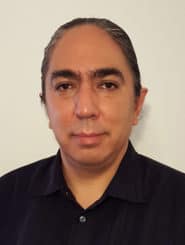
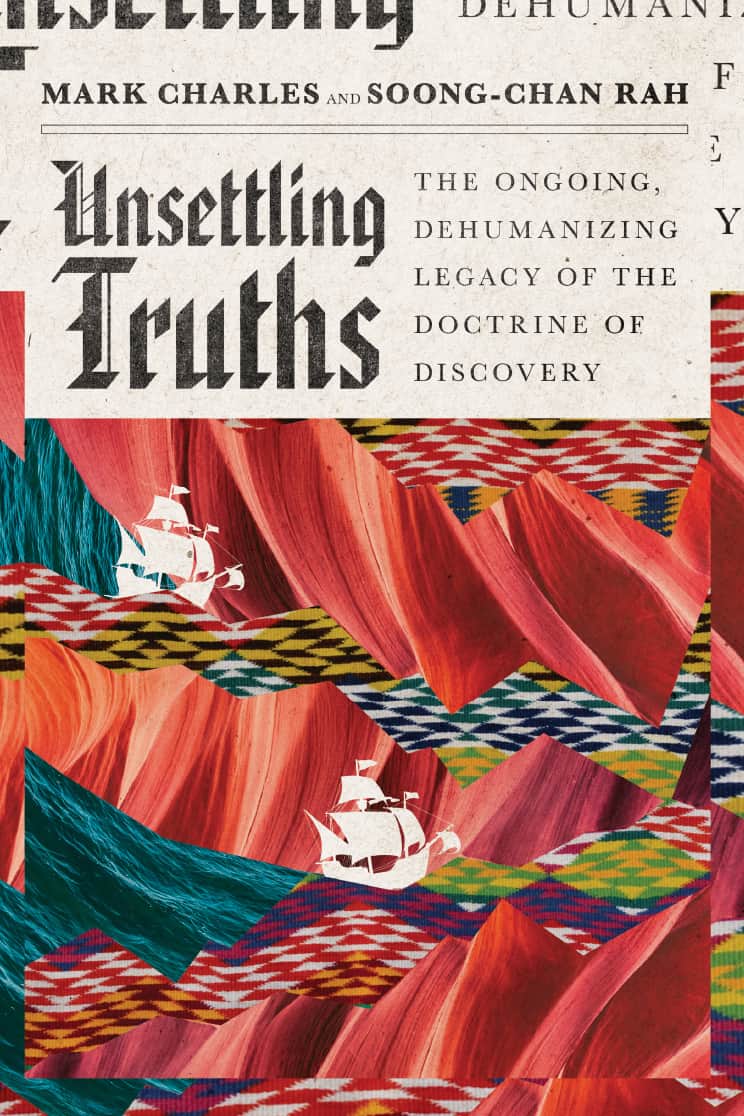
Mark Charles, an independent candidate for the US Presidency in the 2020 election, is a dynamic and thought-provoking public speaker, writer, and consultant. He is the author of the blog Reflections from the Hogan and was the Washington, DC, correspondent and columnist for Native News Online. He has served on the boards of the Christian Community Development Association (CCDA) and the Christian Reformed Church of North America. He and his family live in Washington, DC.
This article is taken from Unsettling Truths: The Ongoing, Dehumanizing Legacy of the Doctrine of Discovery by Mark Charles and Soong-Chan Rah. This excerpt appears with permission from InterVarsity Press, Downers Grove, IL.

